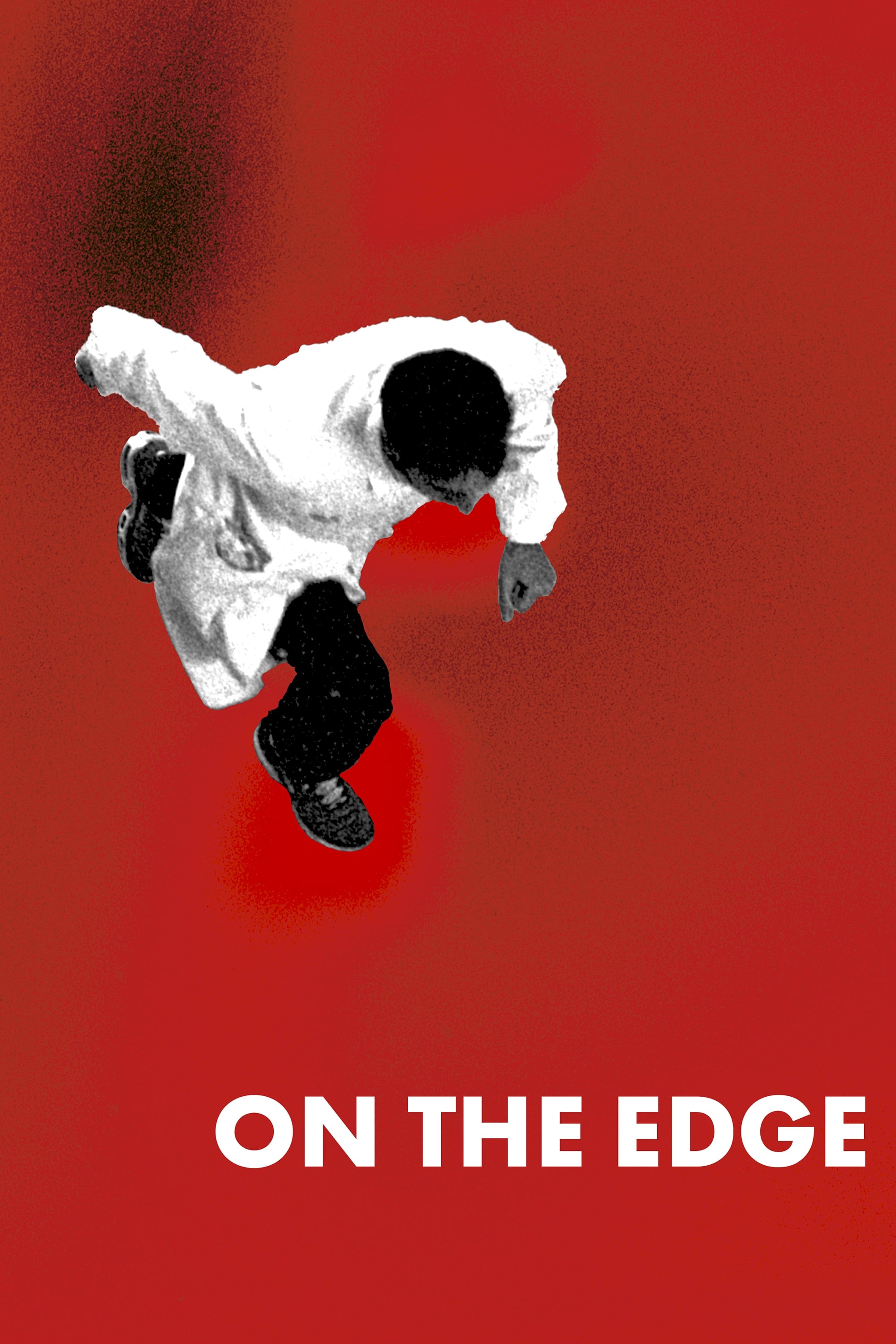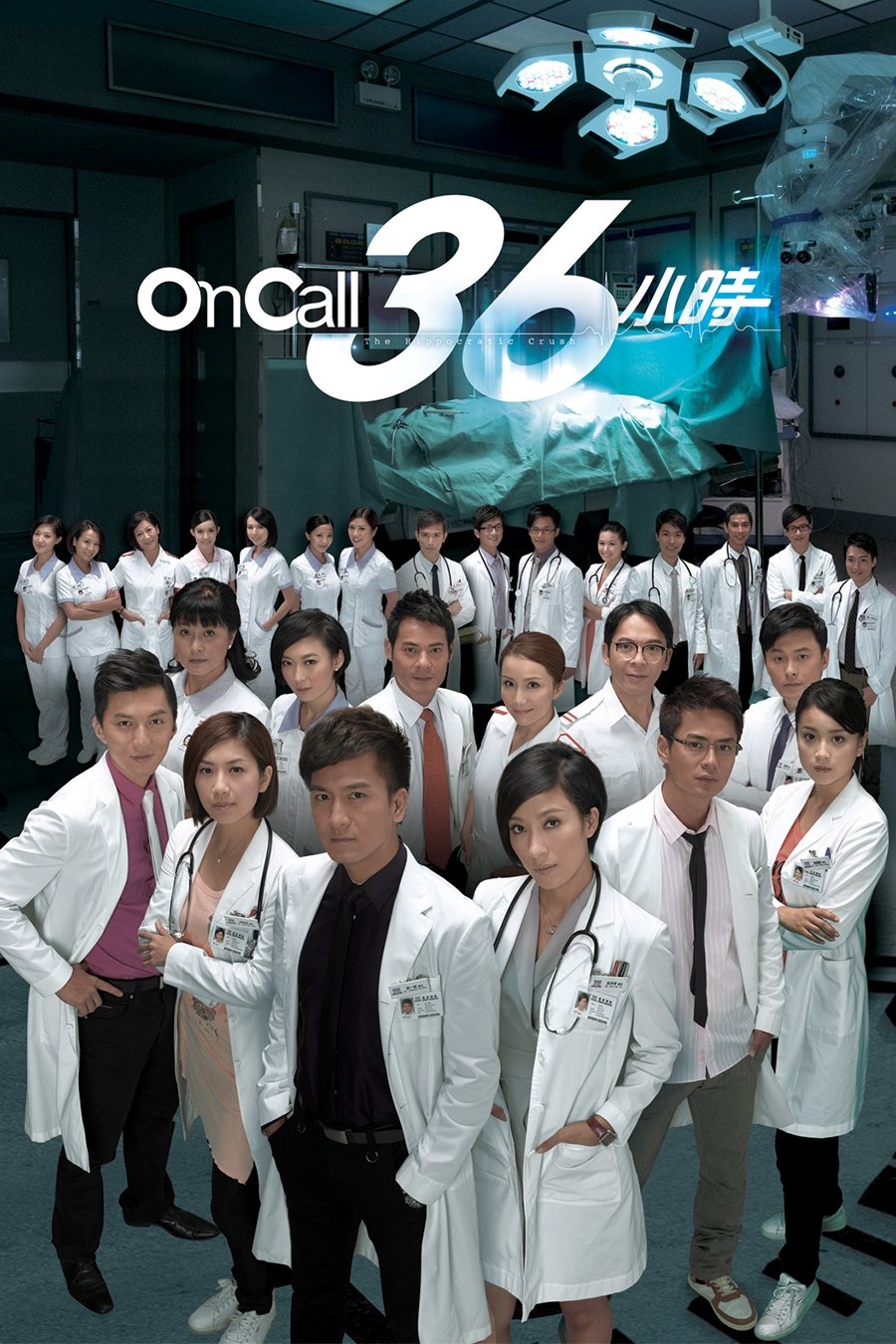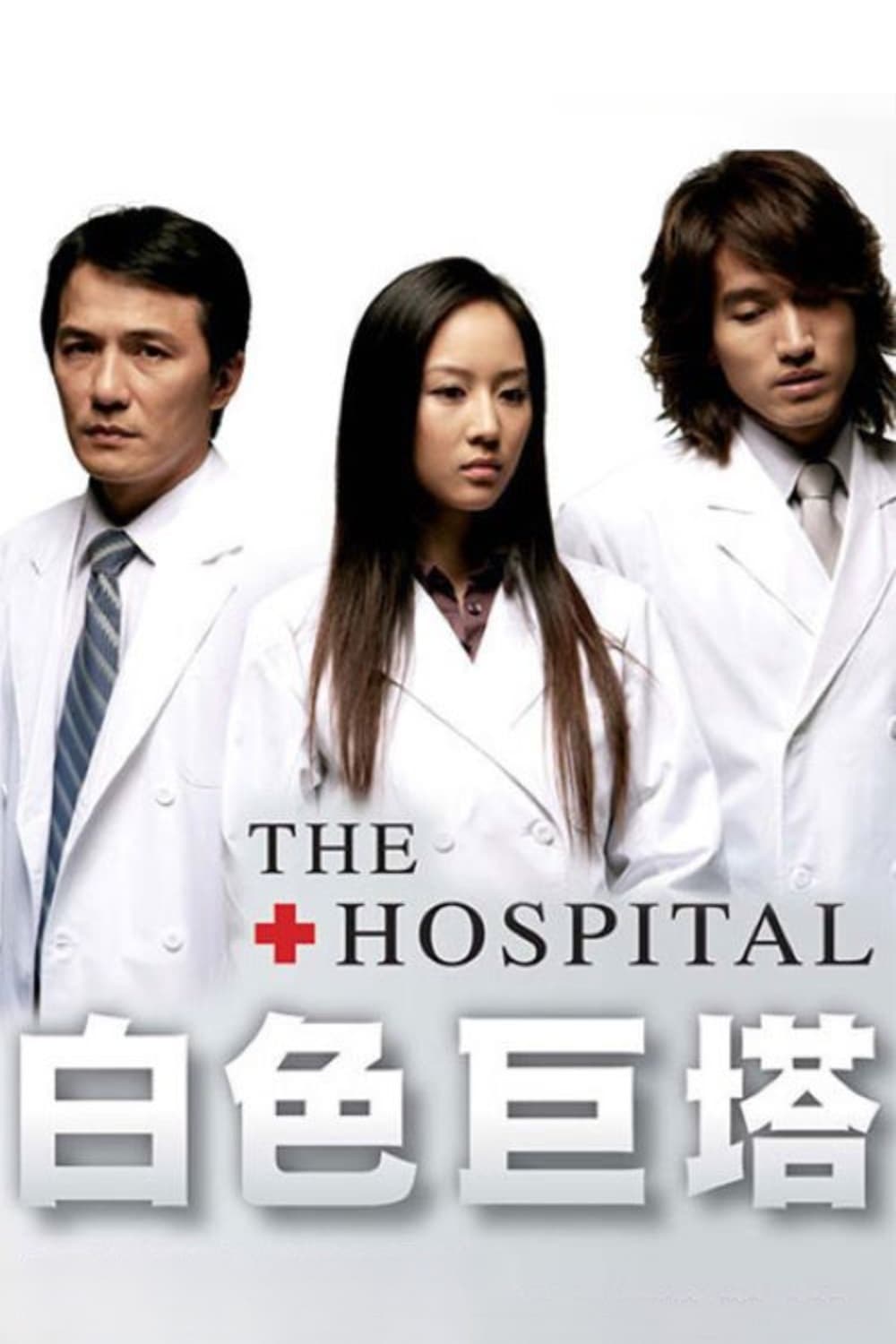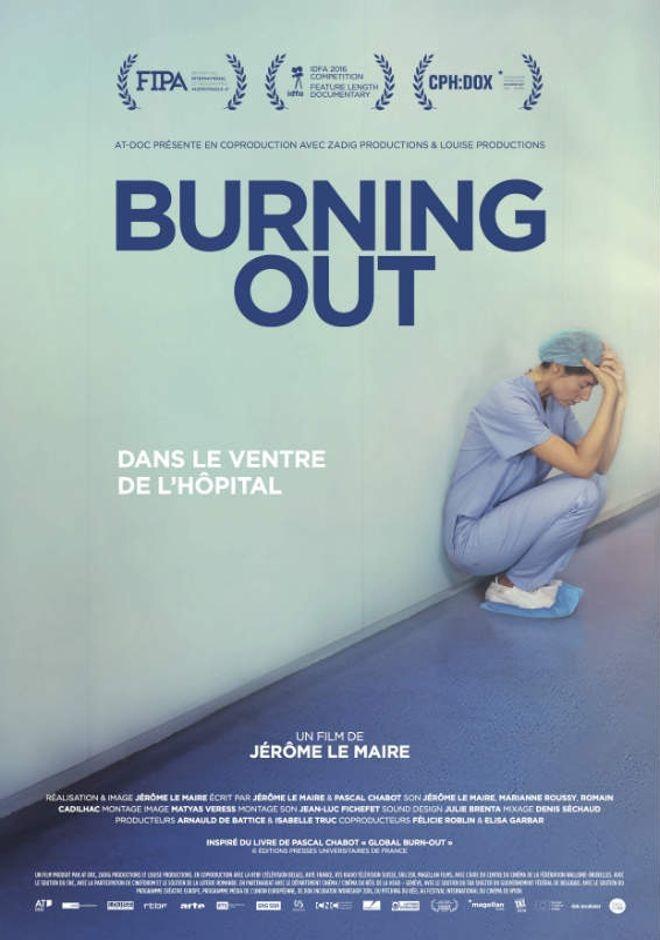
Dora, a young woman at the center of an unusual murder trial, is subjected to a psychiatric evaluation, and as the tests become more personal — and frightening — she begins to question the true motives of her doctor and is forced to live through the recreations of her past.

Things are busy at the Paris hospital where young psychiatrist Jamal and his colleagues work. The place is run down, the staff are exhausted, budgets are constantly being slashed. You know the story, but you’ve rarely seen it conveyed as engagingly as in ‘On the Edge’, which employs a handheld camera and meaningful, artistic interventions to observe the daily routine at the psychiatric ward. The deeply sympathetic Jamal is an everyday hero with an exemplary, humanistic disposition, for whom the most important prerequisites for mental health – and for a healthy society in general – are good relationships with other people. He puts his philosophy into practice by listening patiently, giving good advice and organising theatre exercises based on Molière. Realism and idealism, however, are in balance for the young doctor, at least as long as the institutional framework holds up.

A small rural hospital in Japan battles an international cybercriminal gang that is holding them ransom with their stolen patient data.

Neurosurgeon Cheung Yat-Kin marries fellow doctor Fan Tze-Yu and the two are happily living together, expecting their first child. However, when Tze-Yu is diagnosed with a tumour, her pregnancy becomes medically unsafe and, much to her dismay, Yat Kin doesn't want her to go through with childbirth. This causes a dangerous rift between the two, one that love alone can't bridge. But before the once-happy couple can focus on their marital problems, Yat-Kin also has to contend with pathology specialist Lok Man-Sang, a new arrival to the hospital who simply cannot go without disagreeing with Yat-Kin, and who also gets involved with Heung Chin-Yi, an internal medicine doctor nearly 20 years his junior with her own heartbreak to deal with. Between an unwanted power struggle, the slow disintegration of their marriage, and the small matter of saving lives, Yat-Kin and Tze-Yu have to figure out how to bring their flat-lining marriage-and love-back to the operating table.

They experience life and death as they race against time to save patients. In their quest to become physicians, have they ever stopped to think about what their mission and limitations are? Neurosurgery trainee Cheung Yat-kin does not have time for love – he has to work hard to support his younger brother, who is paralyzed from the waist down, to study overseas. His life is his work, until he meets Fan Tze-yu, who is also a reputable doctor and whose father is a well-known physician. Deeply attracted to Yat-kin’s talent and personality, Tze-yu is not hesitant to express her love for him from the start. But before Yat-kin can make up his mind on whether to accept her, the news of his younger brother’s death comes, causing him to become a totally different person.

When the President's only daughter, Liu Xinping, checks into a hospital for her chemotherapy treatment, the head of internal medicine and the head of surgery become core members of the President's medical team. Both men plan to use this opportunity to prove themselves as the best candidate for the position of hospital director. As a result, the two men appoint rival surgeons to attend to Xiuping's surgery.

Burning Out is literally a drama about life and death. For two years, the Belgian director Jérôme le Maire followed the members of a surgical unit in one of the biggest hospitals in Paris. Constantly under severe stress, understaffed and subject to severe budget cuts, employees fight each other for resources. Meanwhile the management imposes ever more stringent efficiency and profitability targets. All over Europe burnout has reached epidemic proportions among employees in the public and private sectors. Will we end up killing ourselves? Or will we be able to find meaning and joy at work?

Hospital staff are reporting more violence and anti-social behaviour than ever before. In 2015, 8 staff were assaulted every hour – a new record high. At The Queen Elizabeth Hospital in Birmingham – one of the UK’s biggest hospitals – they think they have the answer. Here a private security force of 46 uniformed guards, and a sophisticated CCTV system, keep staff and patients safe. A colourful mixture of characters ranging from ex-soldiers, to bouncers, to former elite sportsmen, it’s the security team’s job to keep the hospital running smoothly. With more than 2 million visitors they have to deal with all aspects of crime and anti-social behaviour. All against a back drop of life changing and life saving procedures.
By browsing this website, you accept our cookies policy.